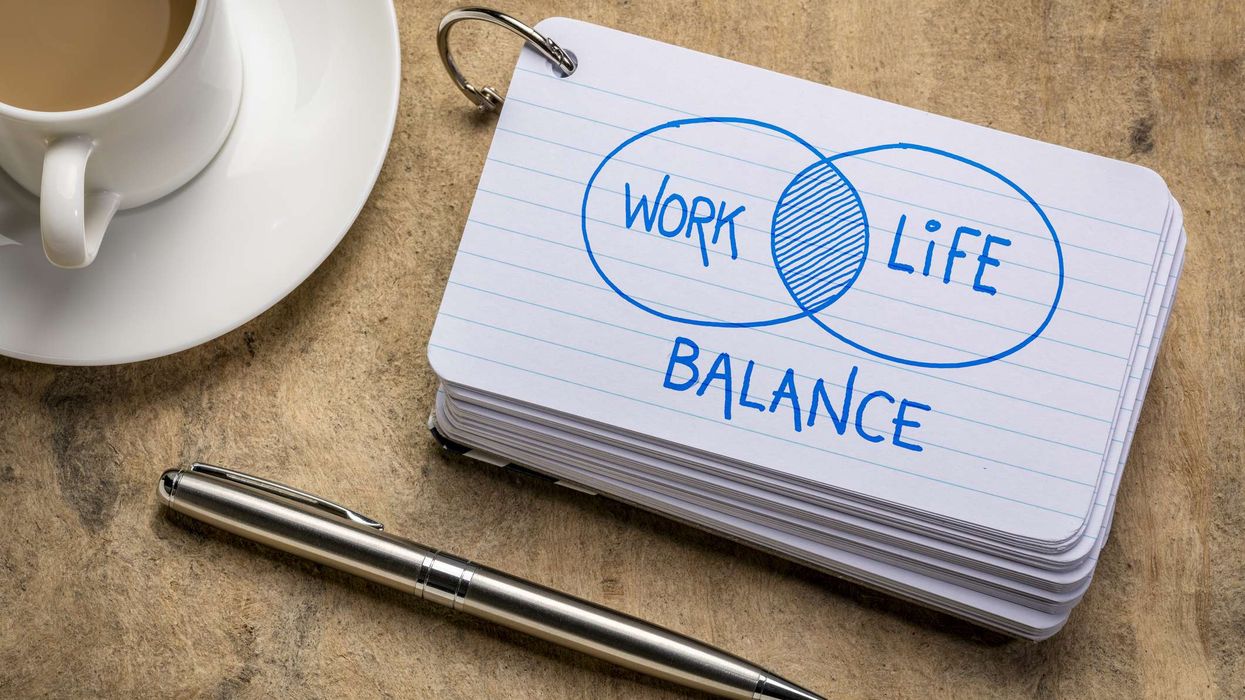When people think of Australia, most imagine a relaxed, sun-drenched, and outdoorsy image. This is largely true, and it applies not only to social life but also to workplaces. This does not mean that Australians are “lazy”: they work very hard and play hard at sites like casino Fortunica, but they reject the “hustle culture” common in Western countries and the rigid hierarchies found in Asian countries. “She'll be right” attitude, “tall poppy syndrome”, and “fair go” are fundamental principles that shape professional life in Australia. So, what do they mean, and how does professional life in this country differ from others?
The 'She’ll Be Right' Attitude at Work
The term "she'll be right" simply means "don't worry about it" and is also used in everyday life. In the workplace, it is used to mean not worrying about deadlines, flexible schedules, and a cultural resistance to overwork. It's a manifestation of optimism and a laid-back approach in professional life. This can be a difficult principle for other countries and cultures to grasp because:
- In most Western countries, especially the US, working long hours and constant productivity are paramount. Overtime is practically standard and expected of every employee. The more you work, the more valuable you are.
- The rigid hierarchy in Asian countries demands almost unconditional obedience to managers' orders. If you're asked to work overtime, you do it—questioning is frowned upon. Every employee has a deadline to meet, according to a strict schedule.
This laid-back approach in Australia will therefore seem strange to many. In fact, many people may have difficulty understanding how any work is done in this country. But there is no need to worry: in Australia, every project is completed too, but employees and managers don't make it the sole priority in their lives. This approach isn't perfect: while it certainly reduces burnout, it can also create a variety of long-term challenges.
Tall Poppy Syndrome and Workplace Equality
Gardeners pick poppies that grow faster than others because there must be harmony and balance in a poppy field. A similar situation applies to Australian workplaces: here, the tall poppy refers to people who excessively flaunt their achievements and opinions. In other words, if you boast too much and believe your ideas are more important than everyone else's, you are disrupting the harmony in the workplace. There is much less tolerance for arrogance, and teamwork is valued over individual stardom. This may once again seem strange to other countries and cultures because:
- In most Western countries, especially the US, self-promotion is rewarded and even encouraged. You can even get promoted by highlighting your individual achievements and/or boasting excessively.
- In Asian countries, boasting about your personal achievements is frowned upon, but relying on teamwork is also discouraged: each employee is expected to be able to do their assigned tasks on their own, and trusting your teammates may be seen as a sign of weakness.
In Australia, humility is valued more. For the same reason, the hierarchy in workplaces is much flatter: informality is considered normal, and the CEO is approachable for almost any employee.
The 'Fair Go' Principle: Workplaces Built on Equality
The fair go principle is a fundamental cultural pillar in all Australian workplaces: it means that everyone deserves a fair chance, regardless of their background. In practice, this leads to more than approachable CEOs. Policies on labor protections, minimum wages, and paid leave entitlements are stronger than in many other countries. For example:
- In Australia, both part-time and full-time workers receive at least four weeks of annual leave, and for shift workers, this can extend to five weeks.
- In the US, no part-time worker is legally entitled to paid holidays. In most cases, annual leave does not exceed 15 days and typically ranges from 6 to 12 days.
This, in itself, creates balance and fairness in professional life. Informality in the workplace is also part of this: you can communicate with your bosses on a first-name basis, and dress codes are minimal. In fact, it is possible to say that every day is “casual Friday.” This can be particularly surprising to international colleagues. For example, most Asian employees are surprised when they see how things work in Australia on a joint project, because in these countries, formality, clear hierarchy, and emphasis on titles have become the standard.
Work-Life Balance: The Paradox
As mentioned above, Australian professional life isn't perfect either. The "she'll be right" culture can potentially lead to excessive complacency and, consequently, a lack of urgency in innovation. Tall poppy syndrome can result in the discouragement of ambition or the failure to unleash exceptional talent. Informality, on the other hand, is generally incompatible with global business culture and can cause various problems in collaborative projects.
Nevertheless, it's safe to say that Australian professional life is much more balanced than others. The US and Western countries are built on a hustle culture, glorification of overwork, and entrepreneurial self-promotion. In Asian countries, long working hours, strong hierarchies, and deep respect for authority are the norm. Australia follows a "middle path"—remaining globally competitive without overwork or rigid formalism.
There's no doubt that Australians are dedicated workers, especially in the mining, healthcare, and law industries. But you can be a dedicated employee and still prioritize leisure and spend your weekends outdoors rather than in the office – Australian professional life shows us that you don’t have to give up well-being to be successful.This article is paid content. It has been reviewed and edited by the Eastern Eye editorial team to meet our content standards.




